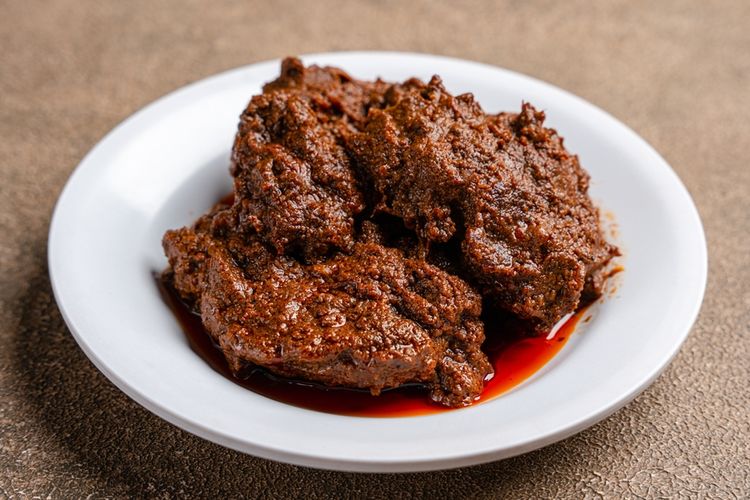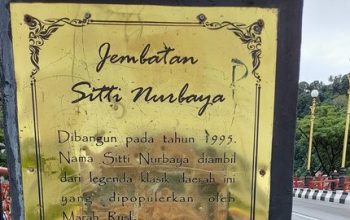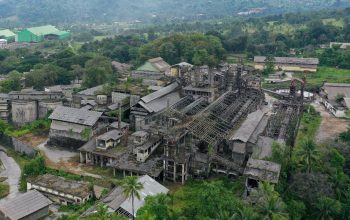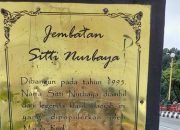Rendang is a traditional dish from Minangkabau that holds deep philosophical significance for the Minang people. Here are some aspects of the philosophy behind rendang according to Minangkabau culture:
Symbol of Life and Togetherness: Rendang is often served at important events such as weddings, traditional ceremonies, and family gatherings. This reflects the importance of togetherness, mutual cooperation, and unity in Minangkabau society. The lengthy cooking process of rendang also symbolizes patience and perseverance.
Meaning of Values and Ethics: In Minangkabau tradition, rendang embodies values that teach patience, meticulousness, and cooperation. Each ingredient and each step in cooking rendang has philosophical meanings, for example:
Meat: Represents strong and responsible leadership.
Coconut Milk: Symbolizes the intellectuals or scholars.
Chili: Represents the religious leaders who are firm in their teachings.
Spices: Symbolize the general populace who support the leaders and intellectuals.
Symbol of Struggle: The lengthy and attentive process of cooking rendang symbolizes struggle and resilience. It reminds the Minang people of the importance of striving for success and progress.
Balance of Flavor and Harmony: Perfect rendang is the result of a balance between various spices and ingredients. This teaches about harmony and balance in life, as well as the importance of complementing each other.
Cultural Heritage and Identity: Rendang is not just a dish, but also a cultural identity of the Minangkabau people. Cooking and serving rendang at various traditional ceremonies is a way to preserve cultural heritage and introduce traditional values to the younger generation.
Overall, rendang is not just a delicious dish but is rich with philosophical values that reflect the life, culture, and traditions of the Minangkabau people
Rendang is a traditional
















